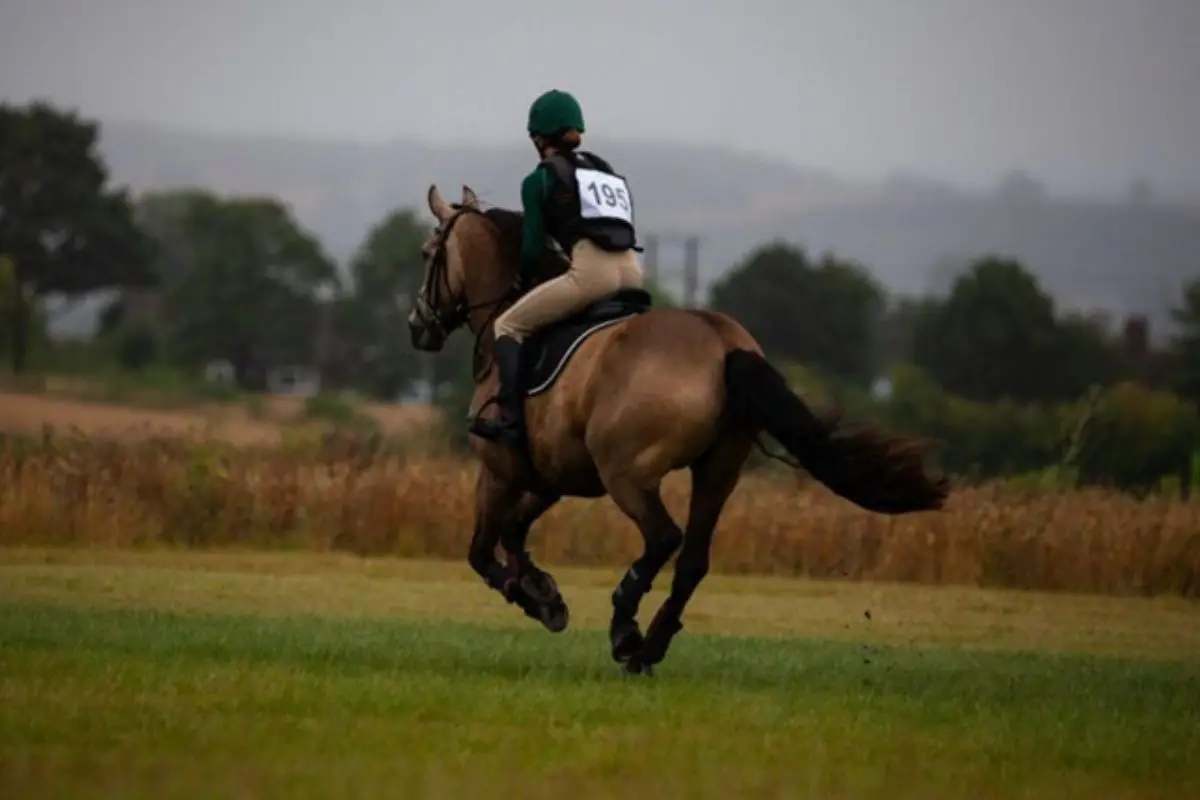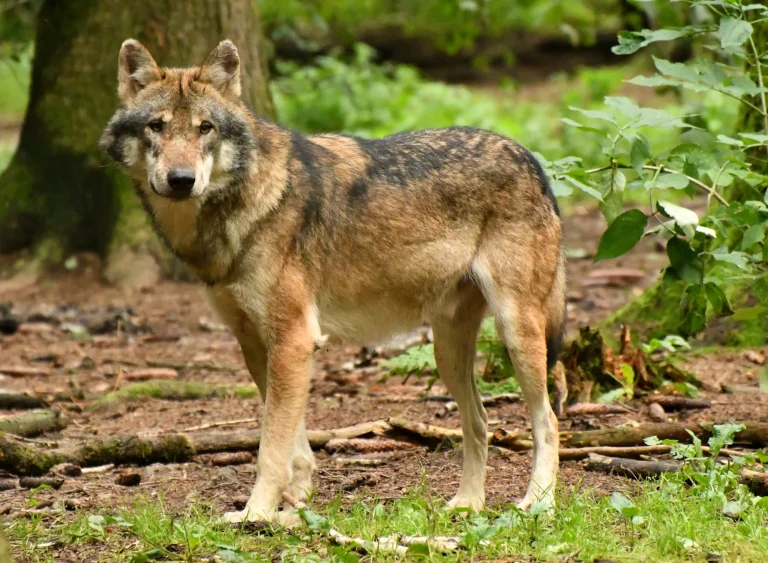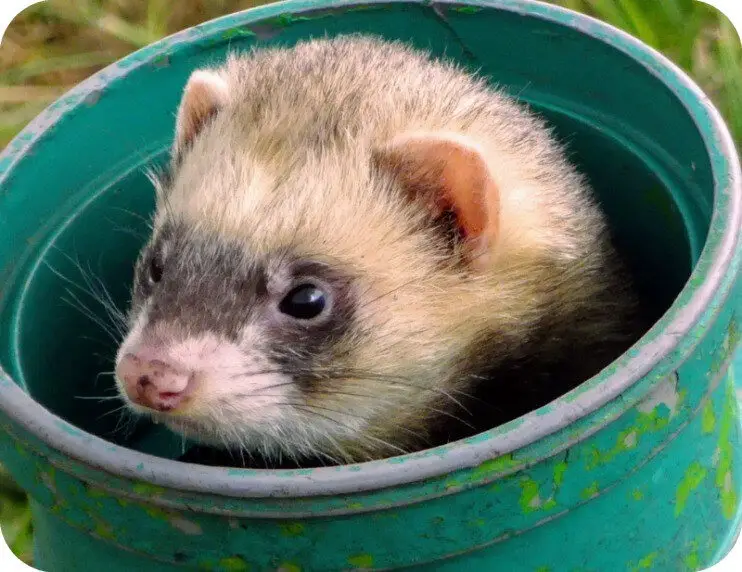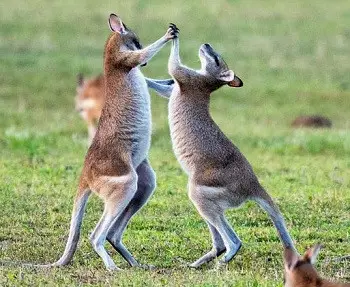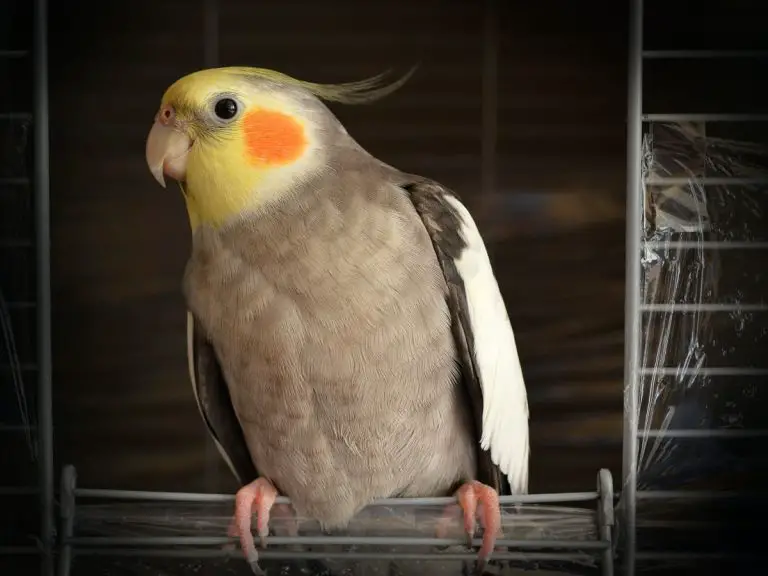Why Does My Horse Not Want to Canter?
Your horse might not want to canter due to discomfort or pain. This can be caused by physical issues, such as lameness or muscle stiffness, or psychological factors, such as fear or bad experiences during cantering.
Recognizing The Signs Of Cantering Issues
Recognizing the signs of cantering issues in your horse is crucial for addressing any underlying problems. One common indication is an uneven gait or limping, which may suggest discomfort or pain. Tail swishing and ear pinning are also key signals that your horse may not want to canter. These behaviors often indicate frustration, resistance, or anxiety. Another sign to be aware of is if your horse consistently avoids the canter cue, such as by slowing down or trying to break into a different gait. This reluctance could stem from various causes, including discomfort, physical limitations, or past negative experiences. It’s important to pay attention to these signs and consult with a veterinarian or professional trainer to determine the underlying reasons behind your horse’s reluctance to canter so that appropriate steps can be taken to address the issue.

Physical Limitations
The lack of willingness to canter in a horse can be attributed to various physical limitations. Muscular strains and injuries can cause discomfort and pain, making it difficult for the horse to engage in cantering. Joint pain or arthritis can also affect their ability to move freely and canter comfortably. Another factor to consider is the saddle fit, as poor saddle fit can cause discomfort and restrict the horse’s movement, including cantering.
Behavioral And Training Challenges
Behavioral and Training Challenges can often contribute to a horse’s reluctance to canter. Past negative experiences may have created a fear or anxiety surrounding the canter gait. These experiences could include falls, excessive pressure, or improper handling during previous canter sessions.
Lack of proper canter training can also be a factor. Horses need systematic and progressive training to develop balance, strength, and coordination required for cantering. If a horse has not received appropriate training in the canter, they may lack the necessary understanding and confidence to perform the gait.
Miscommunication between horse and rider is another common reason. Horses are sensitive to their rider’s aids and cues. If the rider is unsure or inconsistent with their cues for the canter, the horse may become confused or resistant. Clear and consistent communication is essential for a successful canter transition.
Psychological Factors
Stress or anxiety in the riding environment: Horses are highly sensitive animals and can easily pick up on stress or anxiety in their surroundings. Loud noises, unfamiliar settings, or crowded arenas can make a horse feel uneasy, affecting their willingness to canter. It is essential to create a calm and controlled environment for your horse to help them feel more comfortable and at ease.
Stable management and daily routine impact: Horses thrive on routine and stability. Changes in their daily routine, such as feeding schedules, exercise regimes, or even alterations in their living environment, can contribute to their reluctance to canter. Maintaining a consistent and organized stable management system can help alleviate any potential disruptions that might affect your horse’s behavior.
Sensitivity to rider’s emotions and cues: Horses are incredibly responsive to their rider’s emotions and cues. If a rider is tense or unsure, the horse may sense this and become hesitant to canter. Establishing a strong bond and trust with your horse, along with clear and confident communication, can help overcome any psychological barriers that may be inhibiting forward canter motion.
Exploring Nutritional Influences
Problems with cantering in horses may be influenced by various nutritional factors, including diet deficiencies and excesses. Proper nutrition plays a crucial role in muscle function, which directly impacts a horse’s ability to canter effectively.
A balanced diet that provides essential nutrients is necessary for the optimal functioning of a horse’s muscles. Deficiencies in key nutrients such as protein, vitamins, and minerals can negatively affect muscle development and strength, potentially leading to difficulties in cantering.
On the other hand, excesses in certain nutrients, such as carbohydrates or energy-rich feeds, can also contribute to cantering problems. Overfeeding can lead to excessive weight gain, which puts strain on the muscles and hampers their ability to perform efficiently.
Additionally, proper hydration is essential for optimal muscle function. Dehydration can lead to muscle fatigue, stiffness, and reduced performance, making it important to ensure that horses have access to clean and fresh water at all times.
The Rider’s Impact On Movement
When a horse is not willing to canter, it is important for riders to consider their impact on the horse’s movement. Inconsistent riding cues can confuse and frustrate the horse, making it hesitant to transition into the canter. It is crucial for riders to maintain balance and proper posture while riding. Incorrect balance and posture can negatively affect the horse’s movement and make it uncomfortable to canter. Additionally, rider fitness plays a significant role in the horse’s willingness to canter. A fit and strong rider can provide clearer cues and support the horse’s movement more effectively. Therefore, riders should focus on improving their balance, posture, and fitness to enhance their horse’s canter performance.
Physical Conditioning And Rehabilitation
Physical conditioning plays a crucial role when addressing a horse’s inability to canter. Tailored exercise regimens can help improve a horse’s strength and stamina, enhancing their ability to engage the hind end and achieve the desired gait. These regimens are designed to gradually increase the horse’s fitness level, utilizing a combination of cardiovascular exercises, hill work, and targeted muscle-building exercises. Incorporating rest and recovery periods into the horse’s training schedule is essential to prevent overexertion and reduce the risk of injury. Veterinary interventions and therapies may also be necessary to address underlying physical issues that could be hindering the horse’s canter. This may involve treatments such as chiropractic adjustments, acupuncture, or physical therapy, all aimed at improving the horse’s overall musculoskeletal health. By addressing physical conditioning and utilizing appropriate veterinary interventions and therapies, horse owners can help their horses overcome canter difficulties and optimize their performance.
Training Techniques And Adjustments
Cantering is a complex gait for horses to master, and there can be various reasons why your horse may be reluctant to canter. One effective training technique is to gradually introduce cantering to your horse. Start by working on transitions between trotting and cantering in a small, enclosed area. This will help your horse become more comfortable with the upward and downward transitions. It’s important to use positive reinforcement and rewards when your horse performs the desired behavior, such as a pat or a treat.
Another factor to consider is the comfort of your horse’s riding equipment. Ill-fitting saddles or excessive pressure from the rider’s aids can cause discomfort and resistance. Make sure to regularly assess and adjust your riding equipment to ensure it fits properly and doesn’t cause any discomfort. Additionally, consider seeking professional help from a qualified trainer or instructor who can assess your riding technique and provide guidance on any necessary adjustments. By combining gradual introduction, positive reinforcement, and equipment adjustments, you can help your horse overcome their reluctance to canter.
Building Trust And Confidence
Building trust and confidence is crucial when it comes to addressing the issue of why your horse may not want to canter. It is essential to establish a calm and secure environment for your horse, allowing them to feel safe and relaxed. Consistency in daily handling and riding plays a significant role in building trust with your horse. By providing a predictable routine and handling them in a calm and gentle manner, you will earn their trust and develop a strong bond.
Frequently Asked Questions For Why Does My Horse Not Want To Canter?
Why Is My Horse Refusing To Canter?
Your horse may refuse to canter due to various reasons: discomfort or pain, lack of strength or balance, fear or anxiety, insufficient training, or improper cues from the rider. It’s essential to address these issues through proper veterinary care, training, and communication with your horse.
How Do You Get A Reluctant Horse To Canter?
To get a reluctant horse to canter, start by ensuring the horse is properly warmed up. Apply gentle leg pressure and use your body position to encourage forward movement. Maintain a balanced seat and provide clear cues for the canter depart.
Use positive reinforcement and be patient.
Why Is My Horse Reluctant To Move?
Your horse may be reluctant to move due to pain, fatigue, fear, or discomfort. Consulting a veterinarian will help identify and address any underlying issues affecting your horse’s mobility. Regular exercise, proper nutrition, and a comfortable environment can also encourage your horse to move more willingly.
How Do I Get My Lazy Horse To Canter?
To get your lazy horse to canter, start by gently applying leg pressure and a light squeeze with your calves. Use a light tap with a crop or whip if needed. Ensure your horse is properly warmed up and relaxed.
Practice transitions from trot to canter, rewarding and praising your horse for his efforts.
Conclusion
To conclude, understanding why a horse may resist cantering is essential for both their well-being and your riding experience. By addressing physical discomfort, evaluating training methods, and considering mental and emotional factors, you can help your horse overcome their reluctance to canter.
Patience, proper guidance, and consistent work will go a long way in building trust and achieving a smooth and enjoyable canter for both you and your horse.

